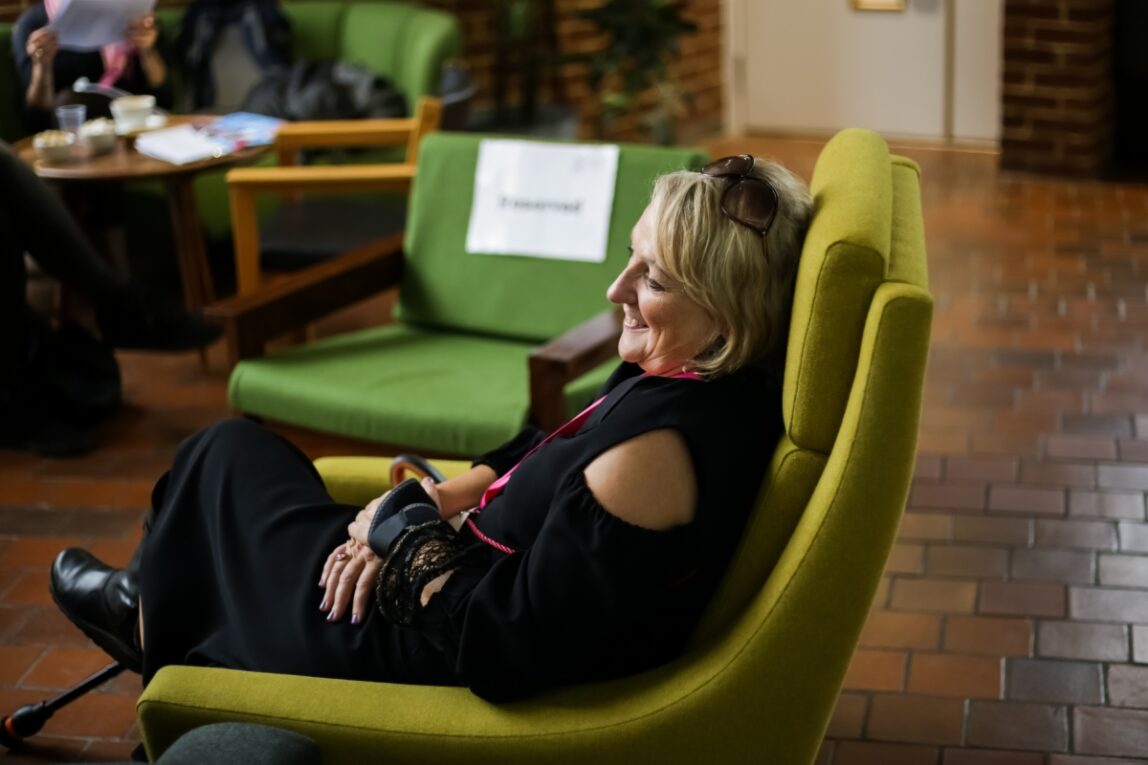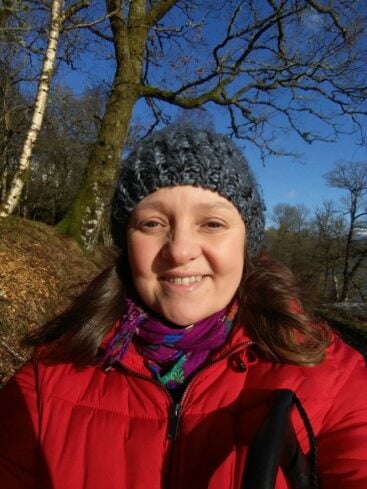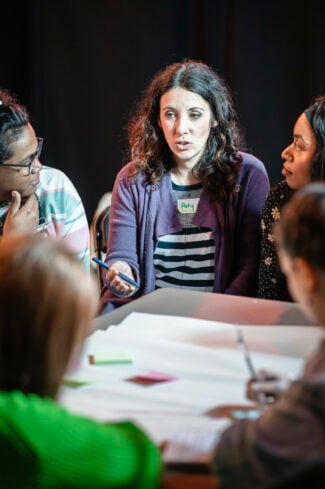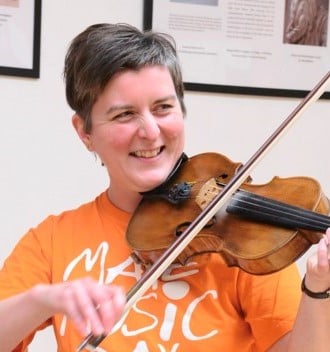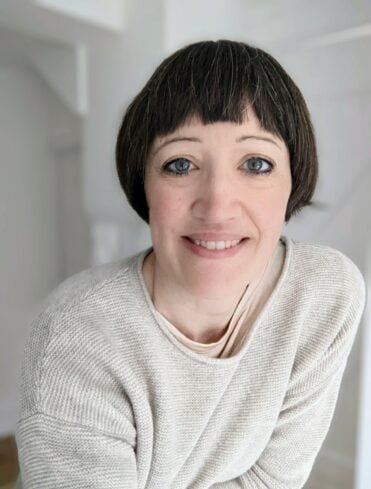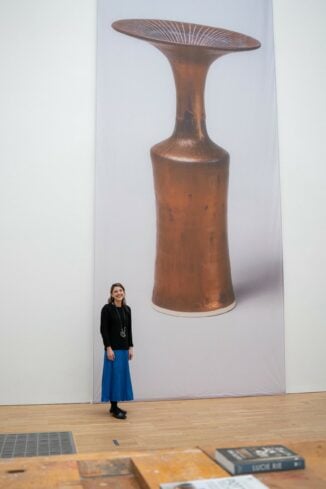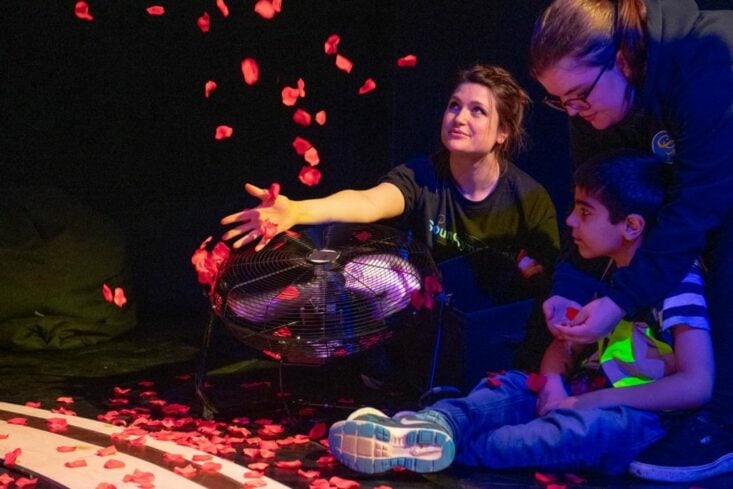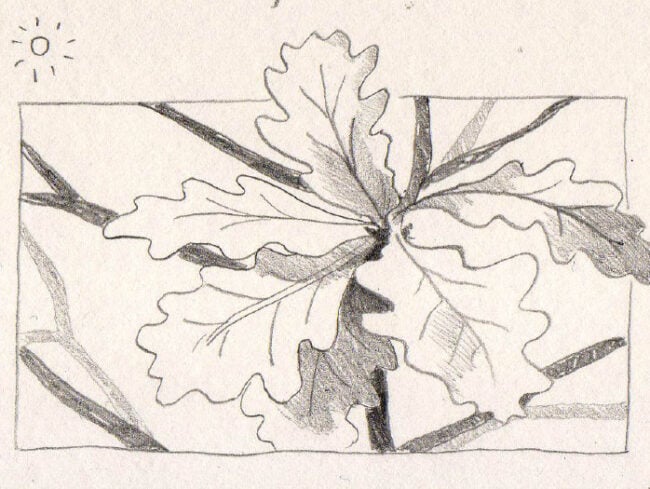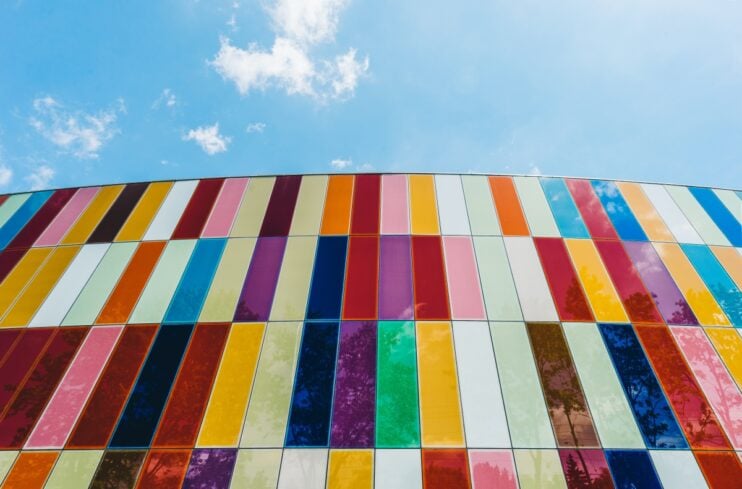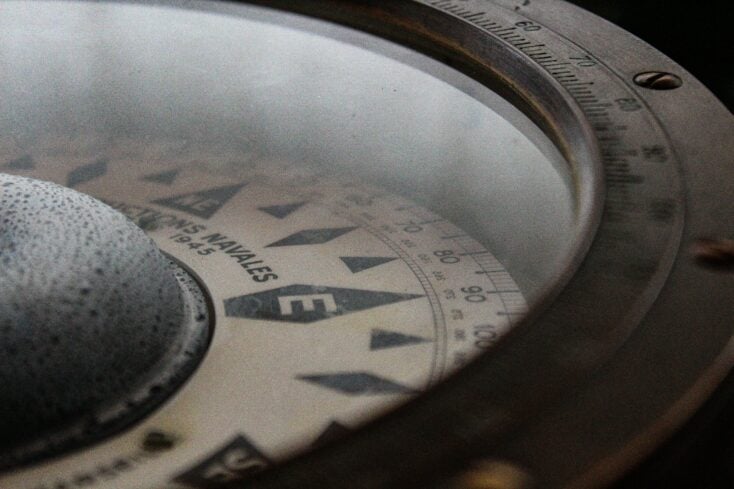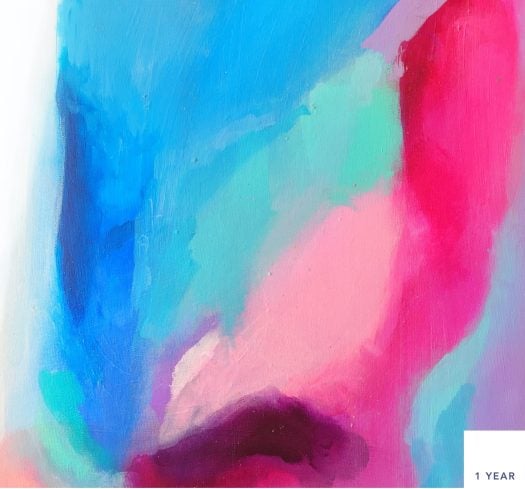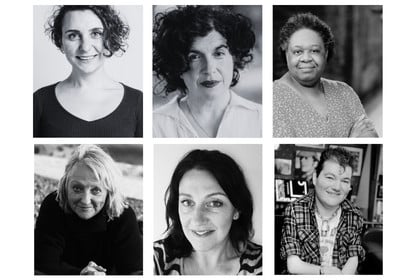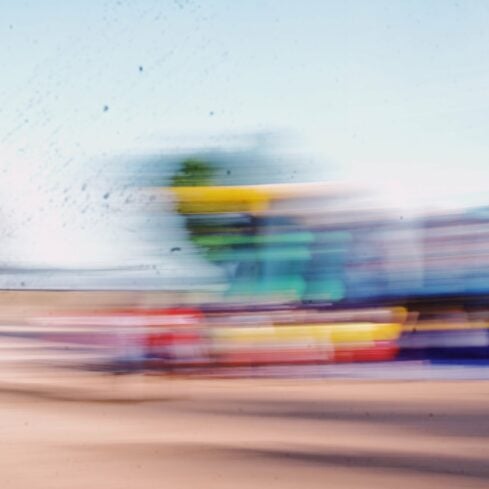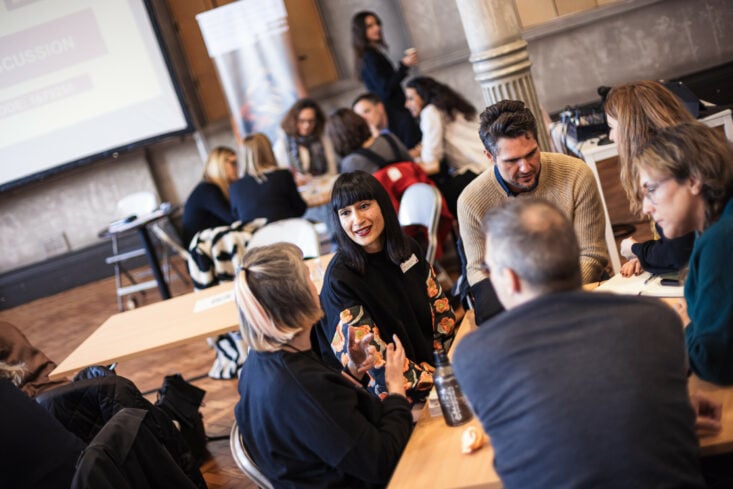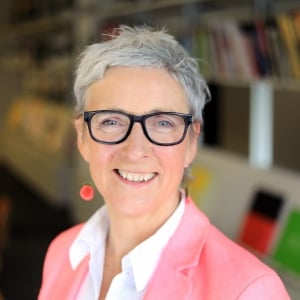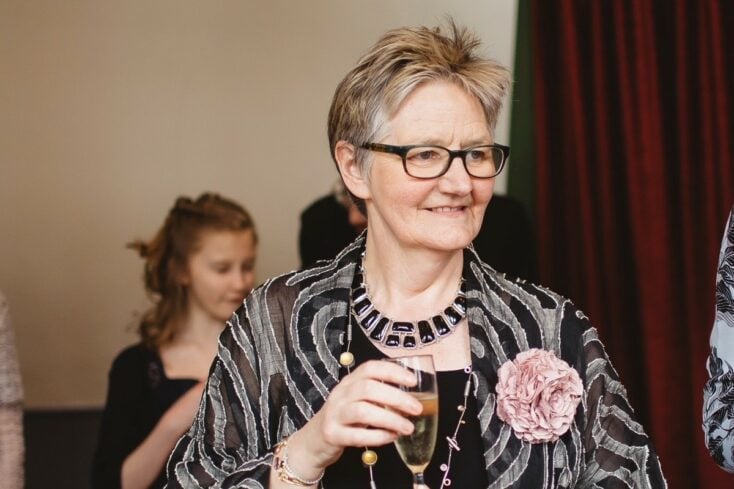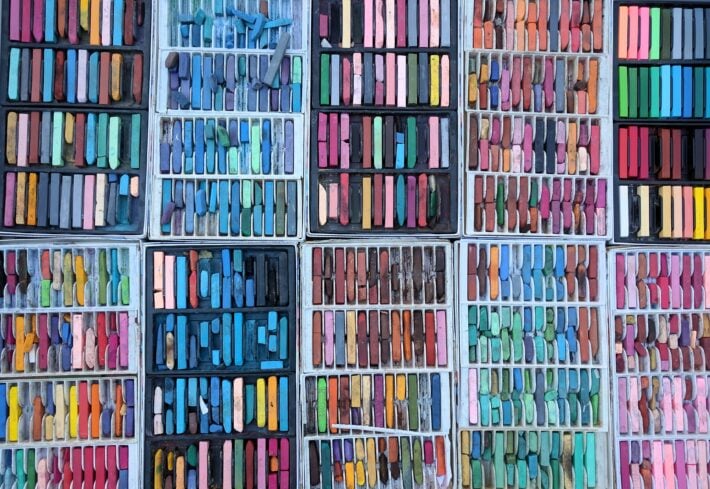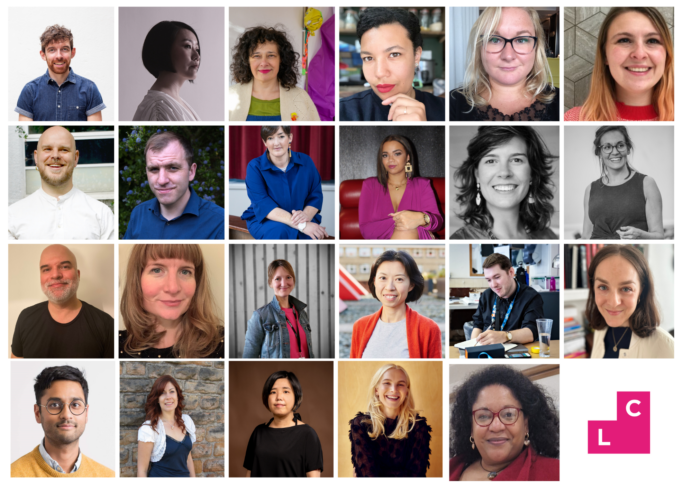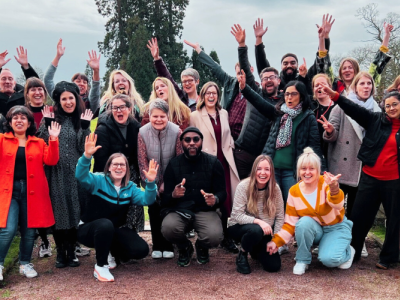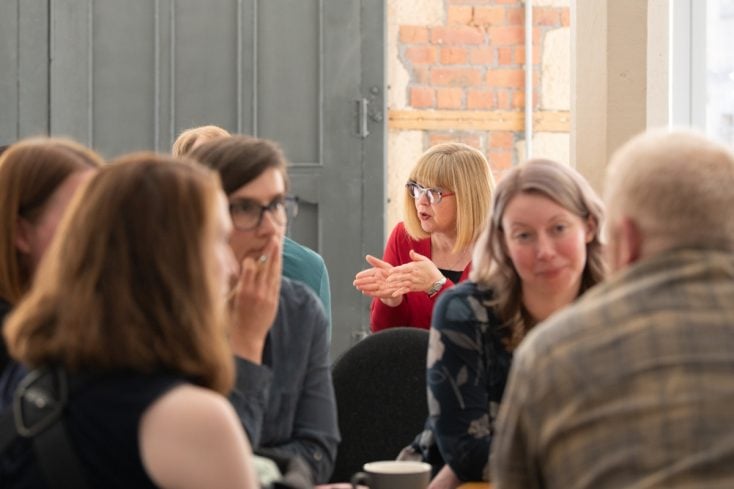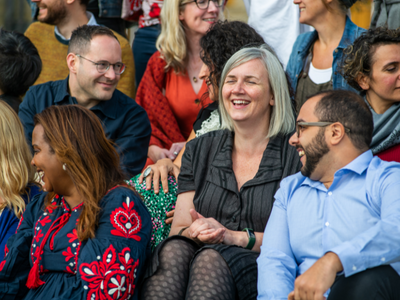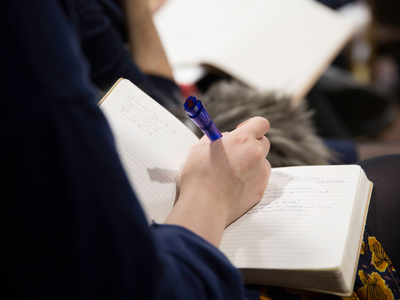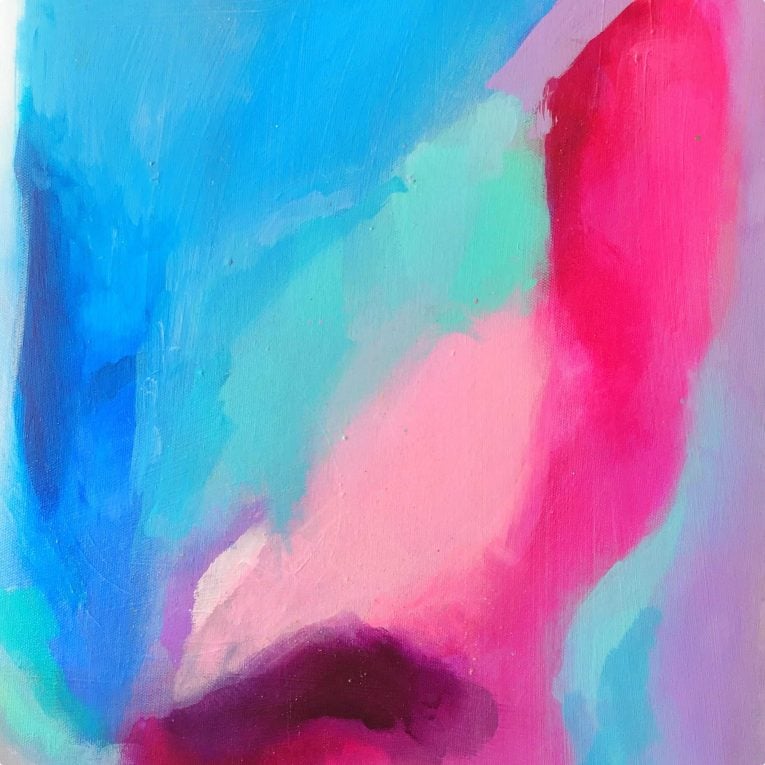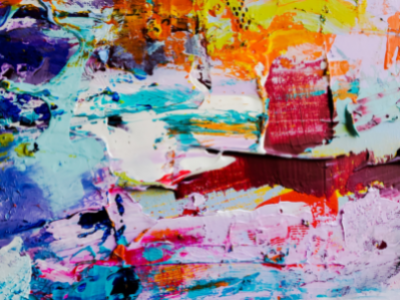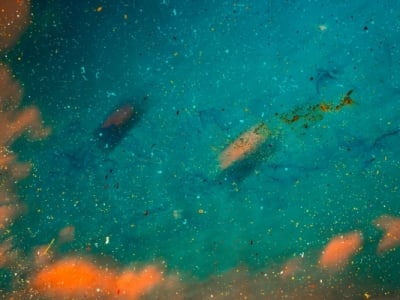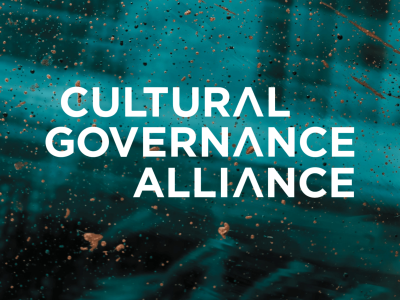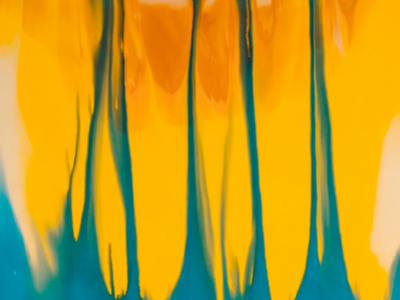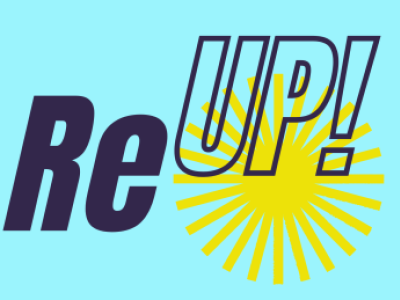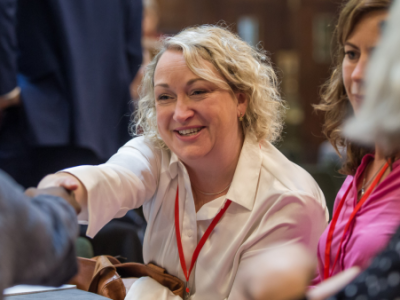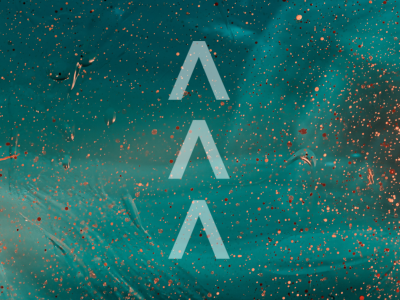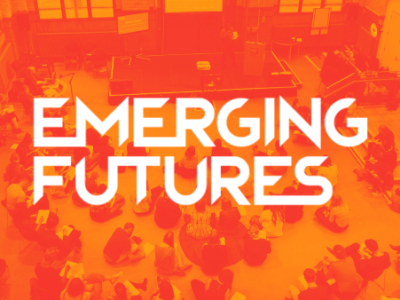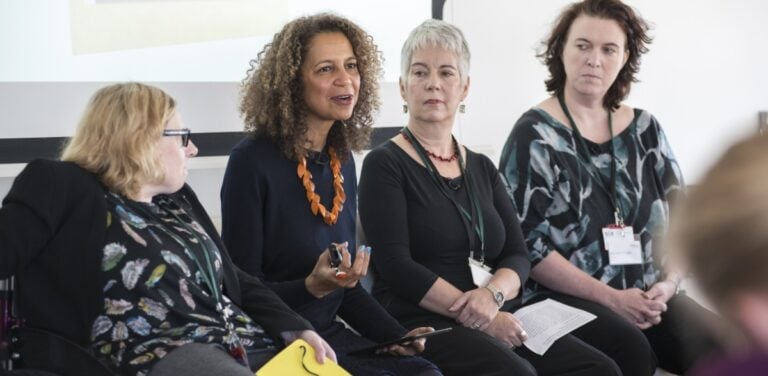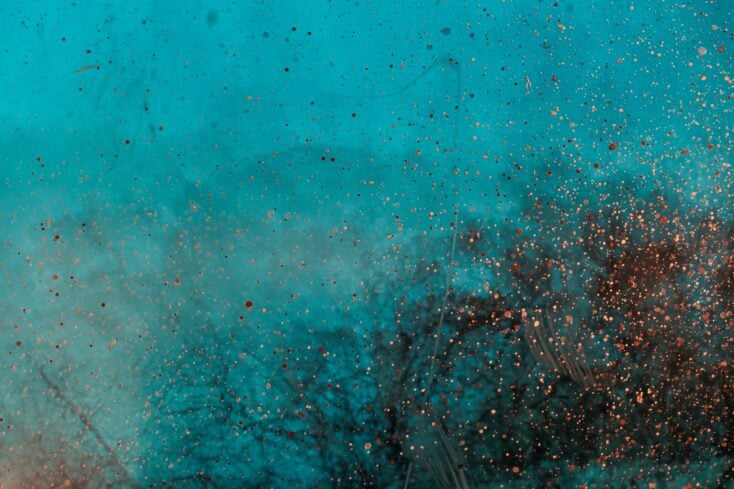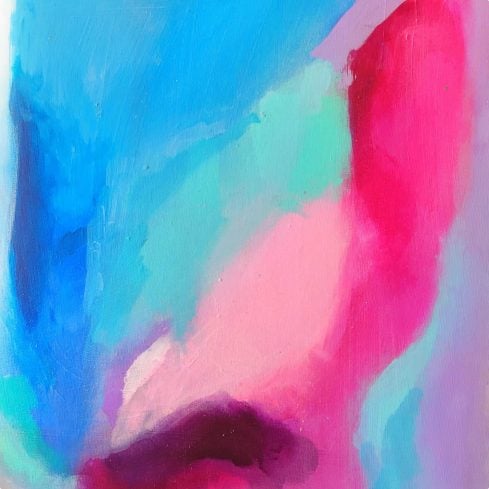Inclusive Cultures is unapologetically disabled-led
Inclusive Cultures is part of Clore Leadership’s Inclusive Leadership delivery for Arts Council England’s Transforming Leadership programme, which prioritises activities to address existing gaps in diversity in the leadership of culture.
Where did the idea for Inclusive Culture programme come from?
I’ve always been both fascinated and perplexed by the spaces that unite and divide us in arts culture and screen industries and have had an ongoing personal and professional interest in who belongs where and why for as long as I can remember. I think my interest is rooted in growing up with deafness in my family and becoming disabled myself.
With a background in science and dance and puppetry performance, I found that this unlikely but brilliant mix was inspiration not only for my own creative work but also informed my thinking on how we might make work together in an inclusive frame. My leadership training in process work, process-orientated psychology or POP, and the work of Arnold Mindell has physics at its heart. The practice of deep democracy and conflict dynamics has made so much sense to me in my creative practice, whether as a performer and producer or as a coach and consultant.
When Deloitte’s Inclusive Leadership model became the latest ‘hot thing’ to hit, I started to dream about a programme that would interrogate its 6 traits: Commitment, Courage, Cognisance of Bias, Curiosity, Cultural Intelligence and Collaboration and looked to develop a process that might shape inclusive practice thinking for leaders and the sector. COVID-19 stalled our best-laid plans, but with us all moving online, the model became even more relevant and useful for us as a team to explore further.
The programme describes itself as unapologetically disabled-led. Why?
It has become more pertinent and important that Inclusive Cultures is disabled-led. For as long as I can remember, disabled people have been turning tricks, trying to steer the industry to live, breathe, broker and build an inclusive offer within the social model of disability, removing barriers and making access and inclusion standard constructs, with limited effect.
We live within an ableist frame and even as disabled people we have internalised ableism to manage. We see arts and culture through a lens that upholds pervading unhelpful ‘norms’ where in particular, the lived experience of disability is for the most part considered a troublesome and costly afterthought. Not only that, since COVID-19 the term vulnerable has set an unhelpful tone. As Baroness Jane Campbell said in the first few months of the pandemic, ‘we are not vulnerable people, we live in vulnerable situations.’ There is a huge difference. Whether you define as having impairments or not, leaders now need to consider the collective experience of COVID-19, which has led to many of us, not just disabled people needing more or different adjustments along with time to connect and be fully present.
Vulnerability is not a label. It is an intrinsic way of being for many and inherent within vulnerability are positive and powerful qualities for leadership. We need to collectively take the label and reframe it. Making the spaces we meet in more accessible and responsive has never been more important. Disabled professionals are skilled at understanding what inclusion looks and feels like because we know first-hand what it’s like to not have the necessary access or attitude to progress. We are experts by experience.
The necessity now is to move beyond the checklist approach of 7 Inclusive Recovery Principles ensuring that disabled people’s lived experiences across protected characteristics really inform the interpretations of recovery for all. We can’t do this by simply telling people what to do anymore. We need to put the process of coaching and questioning at the heart of our recovery and our programme and work together. So, we have decided to build on the strength of our 2020 programme Coaching Conversations and work with a team of our disabled coaches to steer, shape, provoke and provide together the platform for Inclusive Culture. It’s set to be quite a journey.
Sarah Pickthall is an artist, consultant, coach and digital includer working globally in arts and culture and leadership and more recently in the NHS designing coaching programmes for Leadership in Personalised Care. She is a diversity associate for Clore Leadership and is at the helm of the only disabled led leadership and coaching programme for Deaf and disabled leaders: Sync Leadership, currently rolling out in Canada. Sarah is delighted to be working alongside Diverse City and 6 other professional coaches to create Inclusive Cultures, commissioned by Clore Leadership.
Themes Inclusive Leadership Practice Qualities of Leadership
